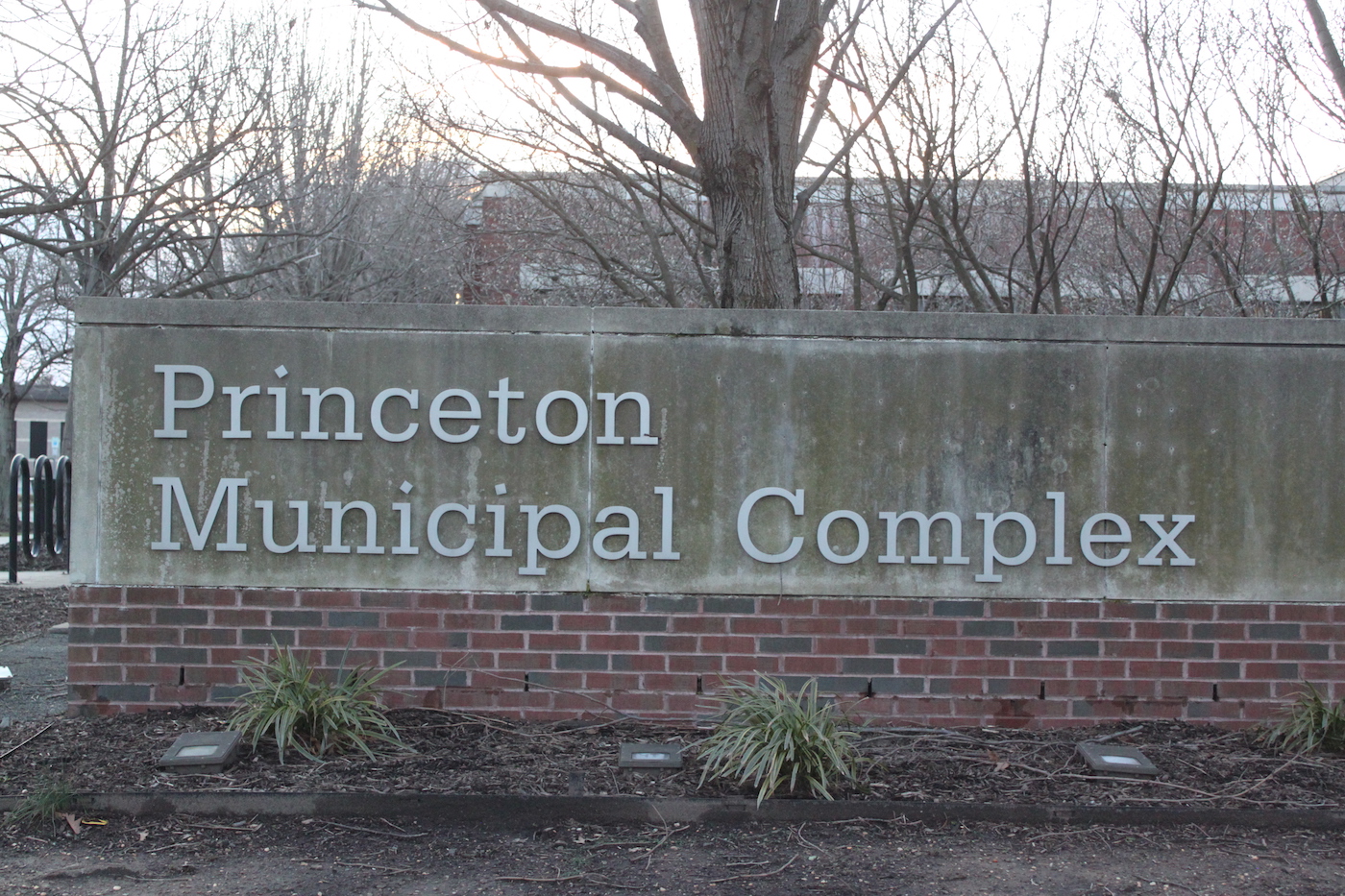The Princeton municipal property tax rate will hold steady at 49 cents, under revisions to the proposed 2020 municipal budget presented to the Princeton Council at its April 13 meeting.
A public hearing and final action on the proposed $64.1 million spending plan is set for Princeton Council’s April 27 meeting, which will be held remotely at 7 p.m.
Factoring in the reduction in anticipated revenues because of Gov. Phil Murphy’s stay-at-home order issued March 21, the proposed budget that was introduced by the council at its March 9 meeting has been reduced from $64.8 million to $64.1 million.
The proposed municipal property tax rate to support the initial 2020 budget was 50 cents per $100 of assessed value, but now that the budget has been trimmed, the municipal property tax rate has been reduced to 49 cents – the same tax rate as 2019.
This means the owner of a house assessed at the town average of $838,562 will pay $4,277 in municipal property taxes, which is the same amount as in 2019.
The revised budget uses more money in surplus funds than the March 9 version of the budget. The budget initially earmarked $6.9 million in surplus funds as a revenue source, but town officials have dipped into the surplus account and will use $7.2 million in surplus funds in the revised budget.
Overall miscellaneous revenue has been reduced from $15.7 million to $15.3 million. Miscellaneous revenue includes licenses, fees and permits, and fire and housing inspection fees.
Municipal Court revenue from fines and court costs has been reduced from an anticipated $1 million to $600,000. Parking revenue also is expected to decline because of the state-ordered shutdown. Most stores are closed and parking enforcement has been suspended.
Property taxes generate 51% of the overall revenue for the 2020 budget. Miscellaneous revenue is 19%, surplus funds account for 11%, and Princeton University’s payment in lieu of taxes is 5%. The parking utility and sewer fees make up the rest.
Princeton resident Scott Sillars, who chairs the town’s Citizens Finance Advisory Committee, told the council that despite the economic situation created by the response to COVID-19, he did not expect the tax collection rate to be affected.
The tax collection rate is typically 99%, Sillars said. In 2011, during the Great Recession, it dropped to 98%, but quickly recovered.
Sillars told the Princeton Council that the ratable base in Princeton is heavily weighted toward residential properties, which make up 63% of the overall ratable base for property tax purposes.
Commercial properties make up 8% of the ratable base and multifamily apartment developments make up 4%. The remaining 25% of the tax base is tax-exempt properties.
In response to Sillars’ presentation, Princeton Council Member Eve Niedergang said that if a property owner cannot pay the quarterly property tax on time, the owner would have to pay interest on the unpaid amount when it is paid.
It will be a full year before the town could take action against a property owner who has delinquent property taxes, she said. The annual tax sale allows investors to pay the unpaid taxes and acquire a tax lien sale certificate. The property owner is given time to pay the unpaid property taxes plus interest to release the certificate.
Princeton Council Member Mia Sacks said, “It’s great that we are in a (financially) healthy place,” but she cautioned that it should not be taken for granted. Everyone has to do their part, including the school board, she said.
The municipal property tax makes up 21% of a property owner’s tax bill. The school district property tax is 49% of the total bill and the Mercer County property tax is 30%.
“We may be in for some belt-tightening,” Sacks said.
When a resident called in to the meeting and asked what could be done to reduce the property tax bill, Mayor Liz Lempert said that cutting the budget to that extent is not realistic.
“The unfortunate truth is that cutting taxes to the point that it is going to make a significant difference to you and not grind the government to a halt is not really realistic,” Lempert said.
During the first years following the consolidation of Princeton Borough and Princeton Township, there was a savings in municipal property taxes, but the savings were “dwarfed” by the school and county property tax increases, Lempert said.

